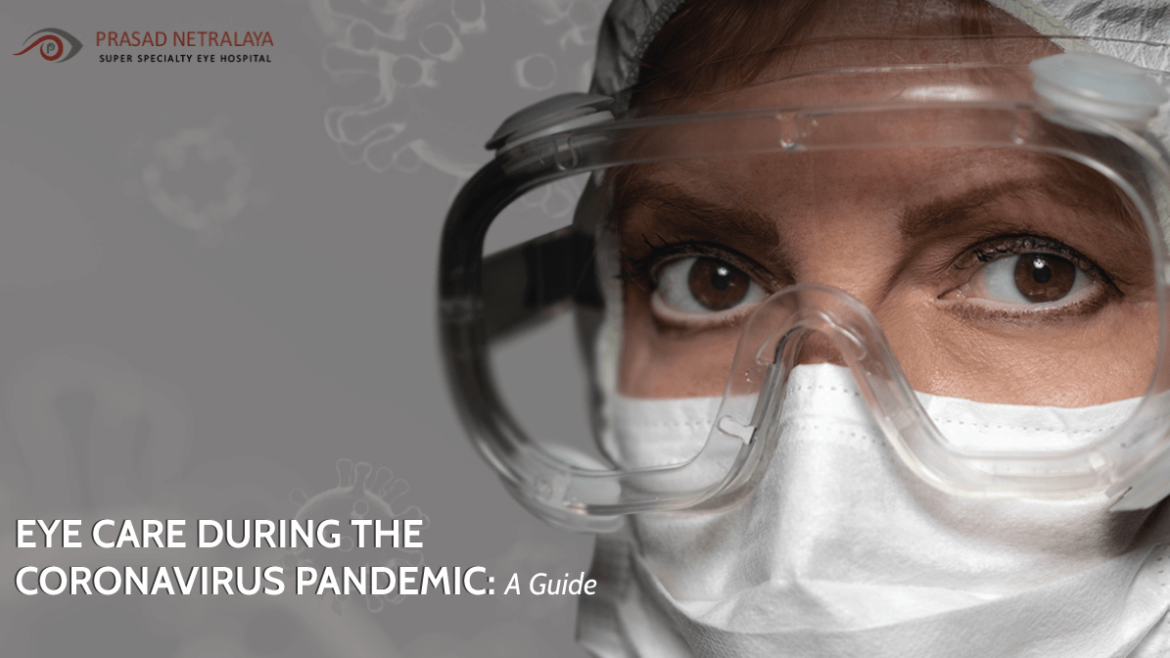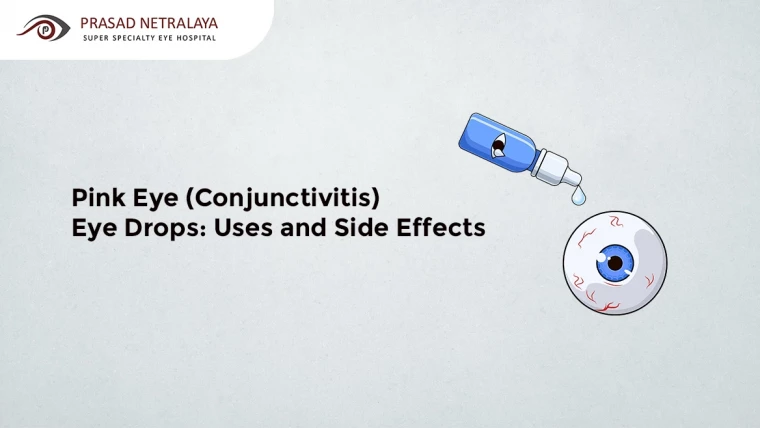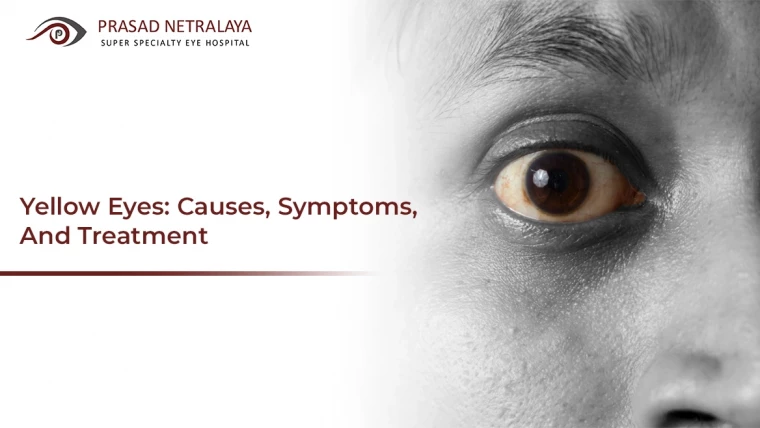Many of us are feeling apprehensive about visiting hospitals these days. We worry that we might come in contact with someone who has COVID-19. Of course, for many of us, it’s not an option — we will have some health issues that will require us to go to the hospital. The good news is, most hospitals are taking all the necessary precautions — for example, you can read about the safety measures by Prasad Netralaya.
It is good to remember that ophthalmologists are available to help you deal with eye emergencies and you don’t need to panic if there is a problem that you are facing. In fact, you can even call your doctor and have a virtual consultation to ask any questions you might have before you decide to visit the hospital itself.
That said, let’s look at some common eye emergencies that might come up.
Table of Contents
Common Eye Emergencies To Watch Out For
If any of the below problems occur with your eyes, it is best to call your ophthalmologist and seek treatment as soon as possible:
- Blurry or wavy vision, or blank spots in your field of vision
- Eye injuries, even minor ones
- You start seeing floaters or flashes in your field of vision
- Sudden loss of vision or partial vision
- Red-eye or eye pain, sometimes with headache, nausea or vomiting
- Macular Degeneration, Diabetic Retinopathy and Glaucoma, that require regular follow up
How The Coronavirus Affects Your Eyes
The COVID-19 virus is highly contagious and you can catch it by accidentally rubbing your eyes with your hands after touching a surface that was infected. You can also catch it when someone with the virus coughs, sneezes, or talks close to you and the particles fall on your face and eyes.
One of the possible symptoms of the COVID-19 virus is that it can cause a pink eye infection (conjunctivitis), although it is rare. So if your eyes are red and irritable, don’t panic. Consult your ophthalmologist and seek their advice on what steps to take. Either way, when you have conjunctivitis, it is best to stay away from other people as this infection can also spread easily. Make sure to wash and sanitize your hands regularly, and do not use the same towels, cups or utensils as your family members or friends.
Aslo Read : Eye Care During COVID-19: Safety Measures By Prasad Netralaya
Protecting your eyes and health during COVID-19
Covering your face with a shield if you come in regular close contact with other people is an important step in preventing infection. While a mask can cover your nose and mouth, your eyes might remain unprotected. A pair of glasses can help, but the most effective step is wearing a face shield.
Here are some simple steps that you can take to protect your eyes from the COVID-19 virus:
- Switch to glasses if you wear contact lenses.
While there is no concrete proof that wearing lenses increases the risk of infection, the fact is that those who wear contact lenses tend to touch their face and eyes more often. Therefore, switching to glasses at least until the pandemic is brought under control is a good idea. This way, you avoid the potential irritation that contact lenses cause and hence, you avoid touching your eyes. That said, if you feel that it is not an option to not wear contact lenses, then consider wearing a pair of zero power glasses along with your contact lens.
- Wearing glasses gives you additional protection.
Even if you don’t require to wear prescription glasses or lenses, it helps to put on a pair of zero power glasses because they protect your eyes effectively. Of course, they are not the best protection since the area around your glasses will still be exposed and the virus will be able to get in. That is why we recommend face shields or safety goggles as the best protection against the virus.
- Keep extra eye medication at home.
Considering the uncertainty of the present situation and the risk of stepping outside often, it is highly recommended that those who need critical eye medications keep extra stock for at least two to three months at home. This way, even if you get quarantined or if supplies are limited, you have enough to get you through that time period. Talk to your pharmacist or ophthalmologist and ask them how you can best prepare given the current situation. Avoid waiting until the last minute.
- Avoid rubbing your eyes and practise social distancing.
Ultimately, it is by following the most basic guidelines that you can avoid getting a coronavirus infection. Avoiding touching your face and rubbing your eyes is challenging as most of us do this naturally. That is why putting protective layers like glasses, goggles or face shields is the best protection. Also, if you need to scratch or rub your eyes, or maybe adjust your glasses, use a tissue. One major reason for irritation in the eye is dryness, so you can always use some moisturizing drops. Washing your hands or using sanitizer before you need to touch your eyes to put drops is strongly advised. Finally, reducing contact with others as much as possible and maintaining 6 feet of space is the best solution for slowing the spread of the virus.
No matter what eye-related issue or emergency you have, Prasad Netralaya is always available to help you. With experienced staff and state-of-the-art technology, you can be sure that you will get the best ophthalmological care here. Reach out to us and book an appointment to speak to our doctors right away!
Dr. Vikram Jain, M.S. had his medical training (MBBS) from Kasturba Medical College, Mangalore, India. He did his master’s in Ophthalmic surgery from Kasturba Medical College, Manipal. He currently manages the Glaucoma department of Prasad Netralaya hospital.



